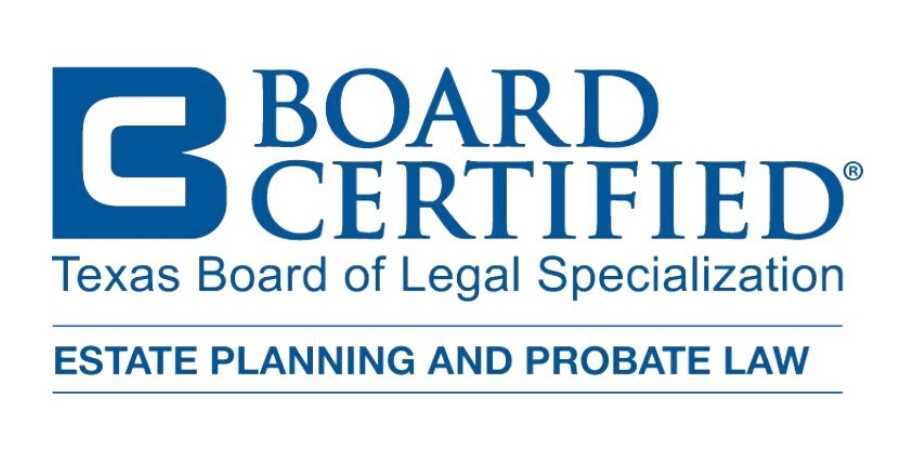FinCEN Extends Deadline from 30 Days to 90 Days for Companies Created in 2024
Alert! New update to CTA Corporate Transparency Act

Just this past week, the update we were waiting for came in! The Department of the Treasury’s Financial Crimes Enforcement Network (FinCEN) issued a rule that extends the deadline from 30 days to 90 days for reporting companies created or registered in 2024 to file initial beneficial ownership information reports for the new federal law called the Corporate Transparency Act (CTA).
Here are three key takeaways of the recent CTA update:
· FinCEN published a final rule that provides a temporary extension to Corporate Transparency Act (CTA) reporting for certain companies.
· Companies formed or registered in 2024 will have 90 days to report beneficial ownership information to FinCEN.
· Companies should continue to take steps to prepare for the CTA’s January 1, 2024, effective date.
As we had mentioned in a previous Dickerson Report, the Corporate Transparency Act (CTA), which becomes effective on January 1, 2024, creates an obligation for millions of entities nationwide to report beneficial ownership information (BOI) and certain other information to FinCEN. This requirement extends to private entities previously not otherwise subject to any reporting requirements.
Under prior FinCEN rulemaking (the BOI Rule), companies created or first registered after January 1, 2024, would have had only 30 calendar days (the notice date) after the date that is the earlier of the date on which a company receives actual notice or public notice that it has been created or registered to determine whether they are subject to the CTA and, if so, report required information to FinCEN.
However, on November 29, 2023, FinCEN amended the BOI Rule to extend that reporting deadline to 90 calendar days after the notice date for companies created or first registered in 2024.
The CTA requires certain corporations, limited liability companies and other similar entities to report BOI and information concerning one or two individuals who form or register reporting companies (company applicants) to FinCEN.
On September 30, 2022, FinCEN finalized the BOI Rule to implement the CTA’s reporting requirements. The BOI Rule required all reporting companies created or registered to do business on or after January 1, 2024, to make an initial report containing information concerning the company, BOI and company applicants within 30 calendar days of the applicable notice date.
A wide range of impacted companies and commentators argued that this short reporting period for new companies would pose a significant burden and compliance challenge, particularly with a new, untested rule taking effect. In addition, as of this date, FinCEN has not established its reporting system, nor are the mechanics for filing finalized. FinCEN responded to this concern by publishing a notice of proposed rulemaking on September 28, 2023, proposing to extend the deadline for companies formed or registered in 2024 from 30 to 90 days. The amendment to the BOI Rule that FinCEN finalized on November 29, 2023, makes that extension official.
FinCEN stated that “numerous” commenters advocated for extending the deadline to more than 90 calendar days. Although FinCEN has acknowledged that it will be complex for newly created or registered companies to navigate the many novel aspects of the CTA’s reporting requirements (including whether a company is within the definition of reporting company and, if so, which individuals would meet the definition of a beneficial owner or company applicant), FinCEN declined to extend the reporting period beyond 90 days. FinCEN noted that the extension from 30 to 90 days should provide sufficient additional time for impacted entities and their third-party service providers to understand the new reporting obligation and collect the necessary information to complete required filings. Rest assure, we are ready to help you do this as a third party, so please contact us to learn more about how we can help you be in compliance.
The extension to 90 days applies to both domestic entities created in 2024 and foreign entities that first register in the United States in 2024. However, entities created or registered on or after January 1, 2025, remain subject to the original 30-day deadline. The November 29 amendment also does not impact the reporting timeline for reporting companies created or registered before 2024. Such companies are still required to file their initial BOI reports with FinCEN by January 1, 2025.
The reporting extension for companies formed or first registered to do business in 2024 will provide such companies a small amount of additional time to determine whether they are subject to the CTA, and gather the information required to submit reports to FinCEN. However, given the complexity of the CTA, companies should not take this temporary reporting extension as an opportunity to pause efforts to prepare for the CTA’s January 1, 2024, effective date. Rather, companies should continue to take steps to prepare for, and lessen the impact, of the CTA. Importantly, entities formed prior to 2024 will have until the end of that year to report while those formed after January 1, 2024, will only have 90 days.
As I mentioned, we are ready to help you be in compliance so you can rest easy this holiday and upcoming new year. Make a plan to protect your business compliance by meeting with me and my team. Contact our office to set up an appointment in, Laredo or via zoom and let’s be ready for 2024!



CONTACT INFORMATION





















